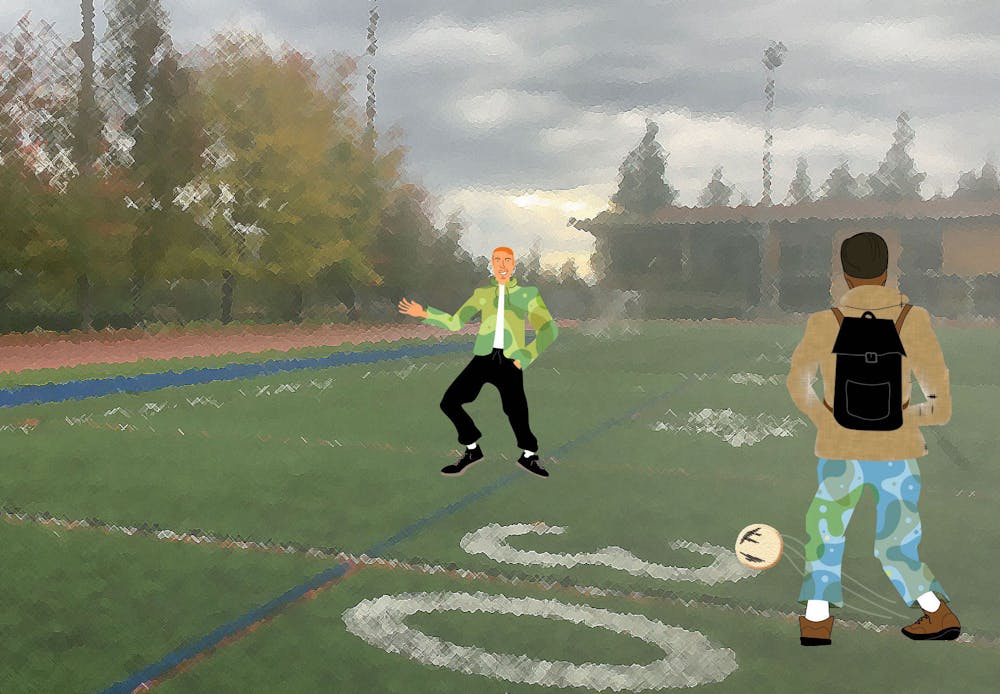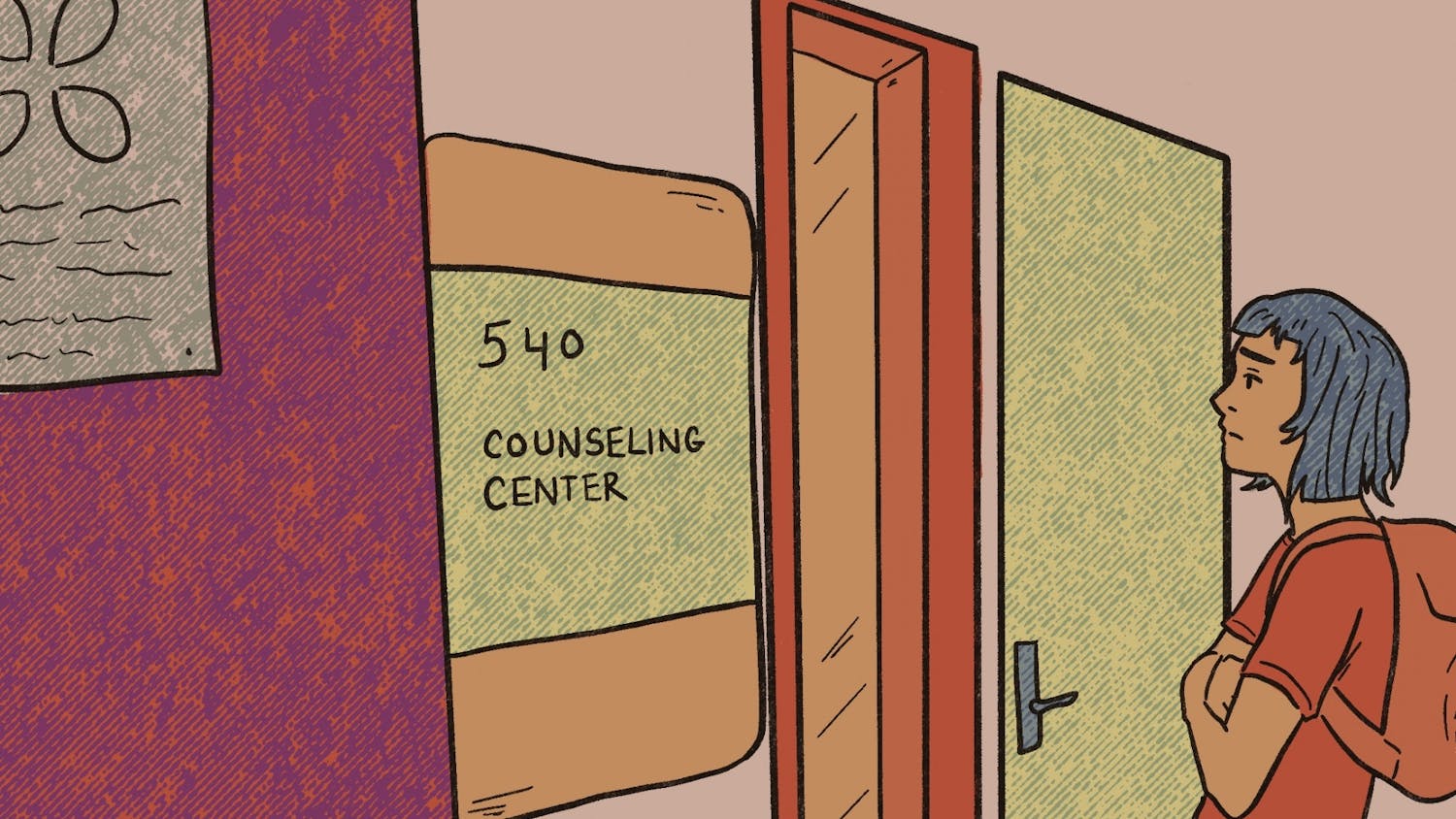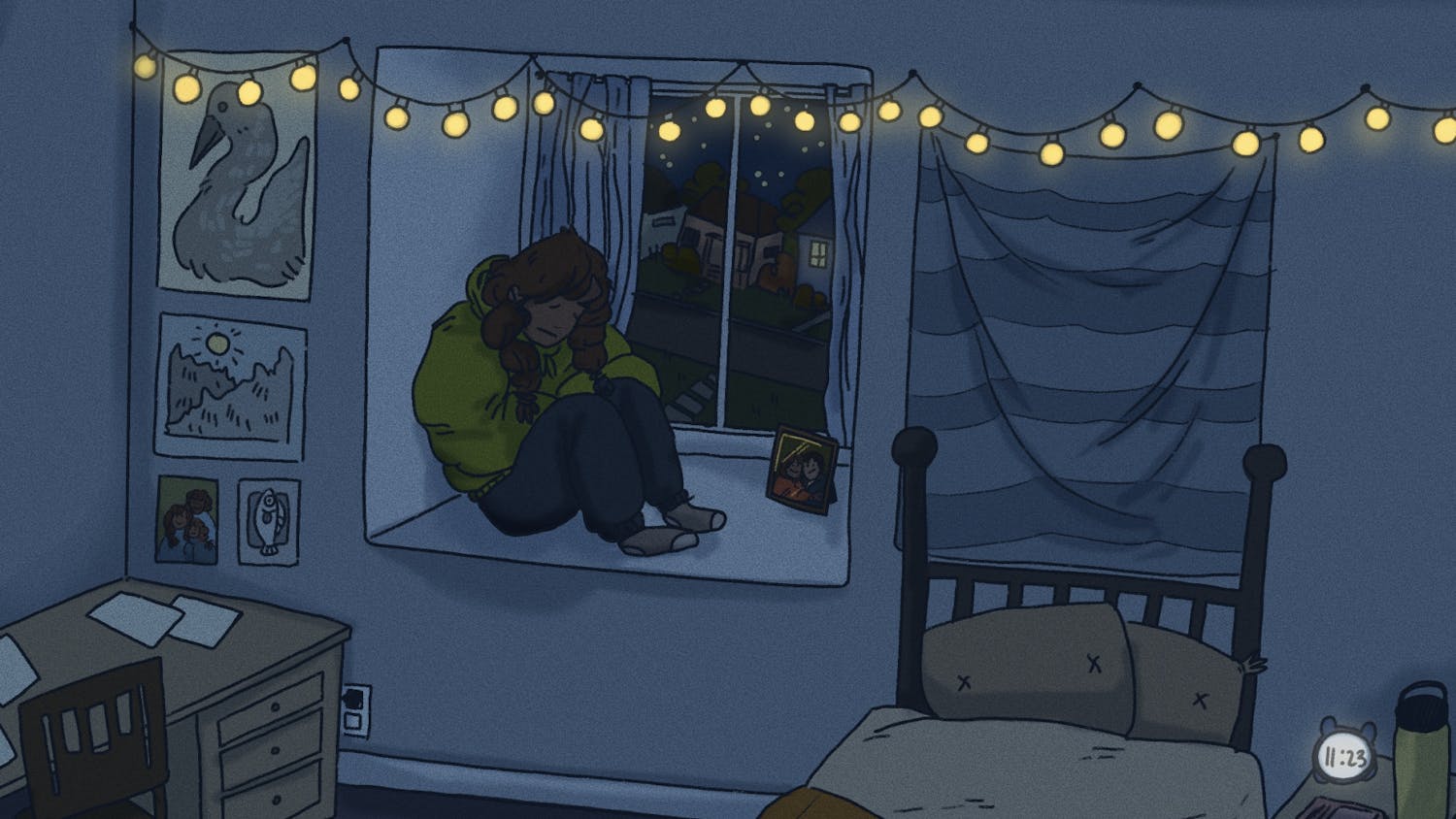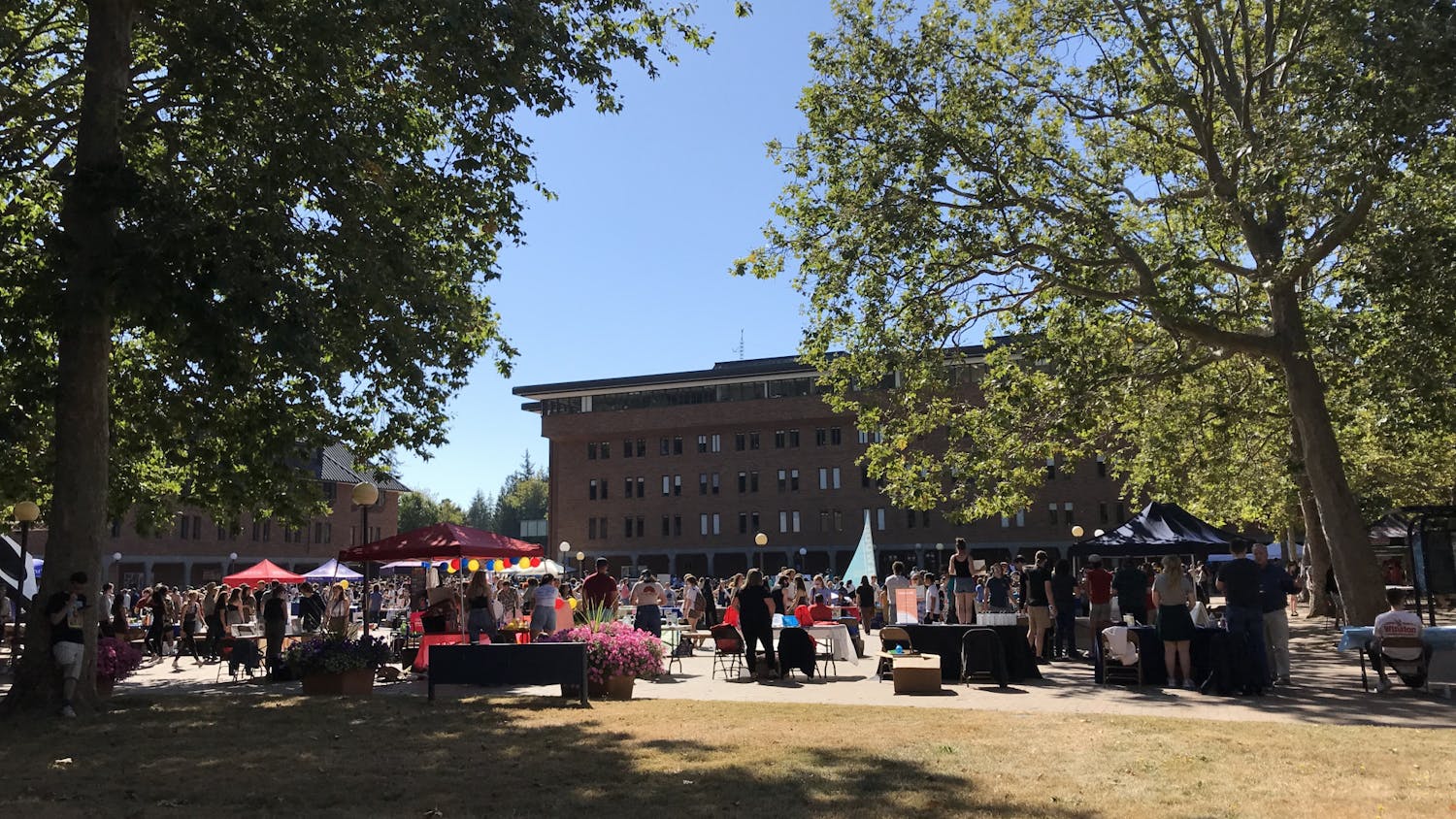As November arrives in Bellingham, it brings shorter days and rainy weather. For those who experience seasonal affective disorder (SAD), a form of depression, this raises concern. According to the National Library of Medicine, sunlight plays a role in regulating the brain's serotonin levels, which fights depression.
A survey conducted by the American College Health association found that 26.9% of college students have been diagnosed with some form of depression. However, according to a survey published in Volume 45 of the Medical Care journal, only 36% of students with major depression had received medication or therapy in the past year.
“It’s not uncommon for us to want to hibernate in the winter because it’s cold, and it's dark,” said Nikki Cassidy, licensed psychologist at the Western Washington University Counseling and Wellness Center. “When we do that, we are isolated, and we’re off on a routine that tends to make our mood decrease.”
According to the Mayo Health Clinic, exercise should not substitute for seeking professional help when needed, but it does provide an opportunity for self-help.
“Although antidepressants may facilitate a more rapid initial therapeutic response than exercise, after 16 weeks of treatment, exercise was equally effective in reducing depression among patients with Major Depressive Disorder,” according to research published by the National Institution of Mental Health. The research examined effects of exercise on patients with Major Depressive Disorder ages 50 and above.
At Western, there are many ways for students to stay active when they may not want to be outside. The Wade King Recreation Center is open to Western students seven days a week and provides equipment for activities ranging from rock climbing to wheelchair basketball to boxing.
“Playing basketball at the rec is something that has made my college experience,” said Matthew Combs, a 2022 Western graduate who has dealt with depression. “It has no real importance; it's just some guys playing pick up, but the fact that five days a week I could go to the gym with people, be active and feel productive … I know it had a positive effect on my mood.”
One motif throughout many of the self-help strategies listed on the National Institution of Mental Health website is the importance of establishing a routine through healthy commitments.
Gene Golden is a tai chi instructor at Western as well as the owner of Golden School of Tai Chi Ch'uan in Bellingham. Having practiced tai chi for over 45 years, Golden has experienced its effect on the mind and body.
“There's a chemistry that's released in the body that is very beneficial and particularly in the fact that tai chi is a moving meditation,” Golden said. “When the body sees that you are creating greater internal energy, chi, lifeforce, it's like ‘Woah. We haven't had this before. This is great.’ It starts dumping the chemistry of well-being into your body when you practice.”
According to a study published in Lippincott Medicine, tai chi was the most effective method of exercise in combating symptoms of depression in college students. The study compared effectiveness across activities including yoga, dancing, running, volleyball, basketball and badminton.
Not everybody is willing or able to make a commitment to a lifelong practice, but according to the Mayo Clinic, exercising for 30 minutes a day for three to five days a week can provide significant improvement for symptoms of depression and anxiety.
Cassidy said routines like exercise are generally helpful in encouraging mental health, but exercise is not the only option.
“Once people find things that they like to do and can be consistent with, that helps release energy that resets our nervous systems so that we feel calmer,” Cassidy said.
There are other ways to manage symptoms of depression and anxiety outside of exercising or committing to a hobby. The Counseling and Wellness Center at Western offers students professional support including individual and group counseling, crisis support and wellness programs.
The team of psychologists and counselors at the Counseling and Wellness Center also provides referrals for off-campus professionals.
“Every year, there are more students accessing our services and asking for help, which is excellent,” Cassidy said. “The overall trend is that people are increasingly needing and seeking support.”






